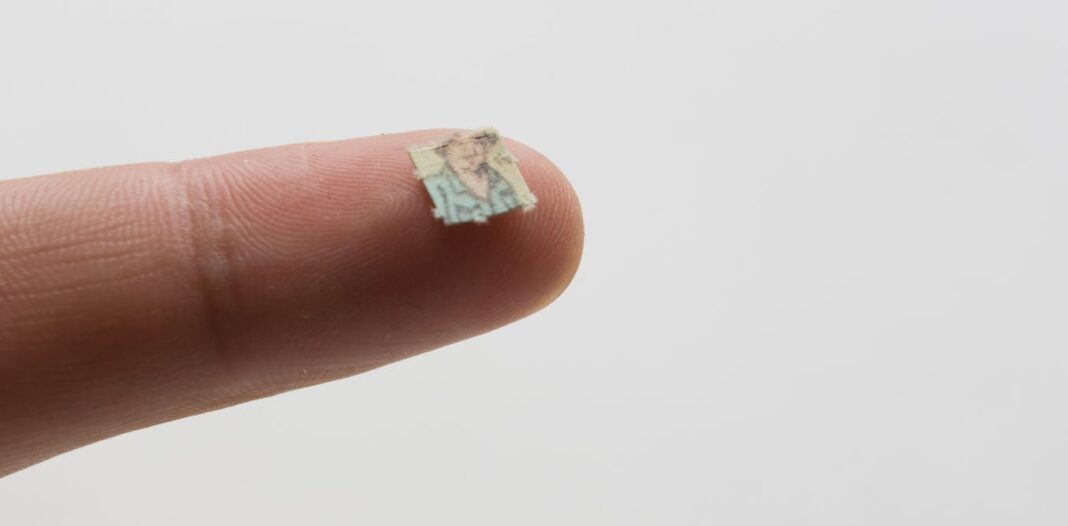A Link Between Hallucinogens and Psychosis
Recent Increase in Hallucinogen Use
A link between taking hallucinogenic drugs and psychosis has long been suspected. Given the recent increase in people taking these drugs, a research group in Canada wanted to know if there was an association between people going to hospital because of problems related to these drugs and subsequent mental ill health – specifically, schizophrenia spectrum disorder.
What is Schizophrenia Spectrum Disorder?
Schizophrenia spectrum disorder, or SSD, is defined as either schizophrenia itself or “schizoaffective disorder” – a condition with similar symptoms to schizophrenia (such as hallucinations and delusions), but including depression or mania.
Study Methodology
This was a retrospective study where hospital records of people living in Ontario were examined from the years 2008 to 2021. Over 5,000 people were found to have visited the emergency department for a reason related to hallucinogen use.
Results
Of these, 208 (4%) were subsequently found to develop SSD within three years. After taking age and sex into account, this equated to a 21-fold increase in the chances of developing SSD. However, after the data was further adjusted to take into account other mental health factors and other drug use, the increased likelihood of developing SSD dropped to 3.5-fold – which is still a considerable increase in risk.
Comparison with Other Drugs of Abuse
Further analysis of the data revealed that emergency department visits because of problems related to alcohol use resulted in a 4.7-fold risk of developing SSD. In contrast, visits to the emergency department for cannabis use resulted in a 1.5-fold increased risk. So alcohol-related visits were more likely to result in a diagnosis of SSD than hallucinogens, with visits associated with cannabis the least likely to result in an SSD in the next three years.
Hallucinogens and Psychosis
Much has been said about how dangerous certain drugs are, but this was often done without looking at all the evidence. In 2009, Professor David Nutt, then the UK government’s drugs adviser, published a rating of drug dangers – not only danger to the user but also to others.
Controversially, it was revealed that alcohol, despite being freely available, was the most dangerous drug, followed by heroin and crack cocaine. LSD and magic mushrooms (both hallucinogens) were found to be at the opposite end of the scale – and of relatively little danger. If the Canadian study holds true, then hallucinogens may need to be nudged slightly higher up the danger scale.
Hallucinogens to Treat Psychiatric Conditions
There is a lot of excitement among the psychiatric community about recent clinical trials showing that LSD and psilocybin could be useful for treating several psychiatric conditions.
The doses used in these trials are, presumably, similar to those used by illicit drug users as both groups of users need to achieve a psychoactive effect. The main difference may be in frequency of use. For example, a single dose of psilocybin can improve depression symptoms for up to three months in those who haven’t responded to other treatments. Similarly, a single dose of LSD can reduce anxiety for up to 16 weeks. Illicit users would take these drugs more often.
Conclusion
In conclusion, the study suggests that there may be a link between hallucinogen use and the development of schizophrenia spectrum disorder. However, the study also highlights the dangers of alcohol abuse, with visits to the emergency department due to alcohol use resulting in a 4.7-fold risk of developing SSD.
FAQs
* What are hallucinogens?
Hallucinogens are a class of drugs that alter perception, thoughts, and feelings.
* Is there a link between hallucinogen use and psychosis?
Yes, a recent study found that people who visited the emergency department for problems related to hallucinogen use were more likely to develop schizophrenia spectrum disorder.
* How does the risk of developing SSD compare to other drugs of abuse?
Visits to the emergency department due to problems related to alcohol use resulted in a 4.7-fold risk of developing SSD, while visits due to cannabis use resulted in a 1.5-fold increased risk.
* Can hallucinogens be used to treat psychiatric conditions?
Yes, recent clinical trials have shown that LSD and psilocybin may be effective in treating depression, anxiety, and other psychiatric conditions.





